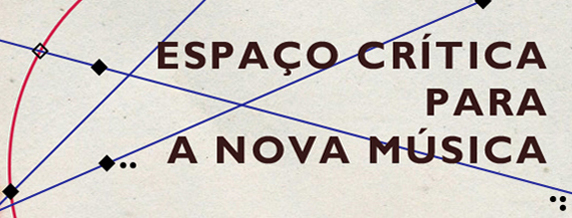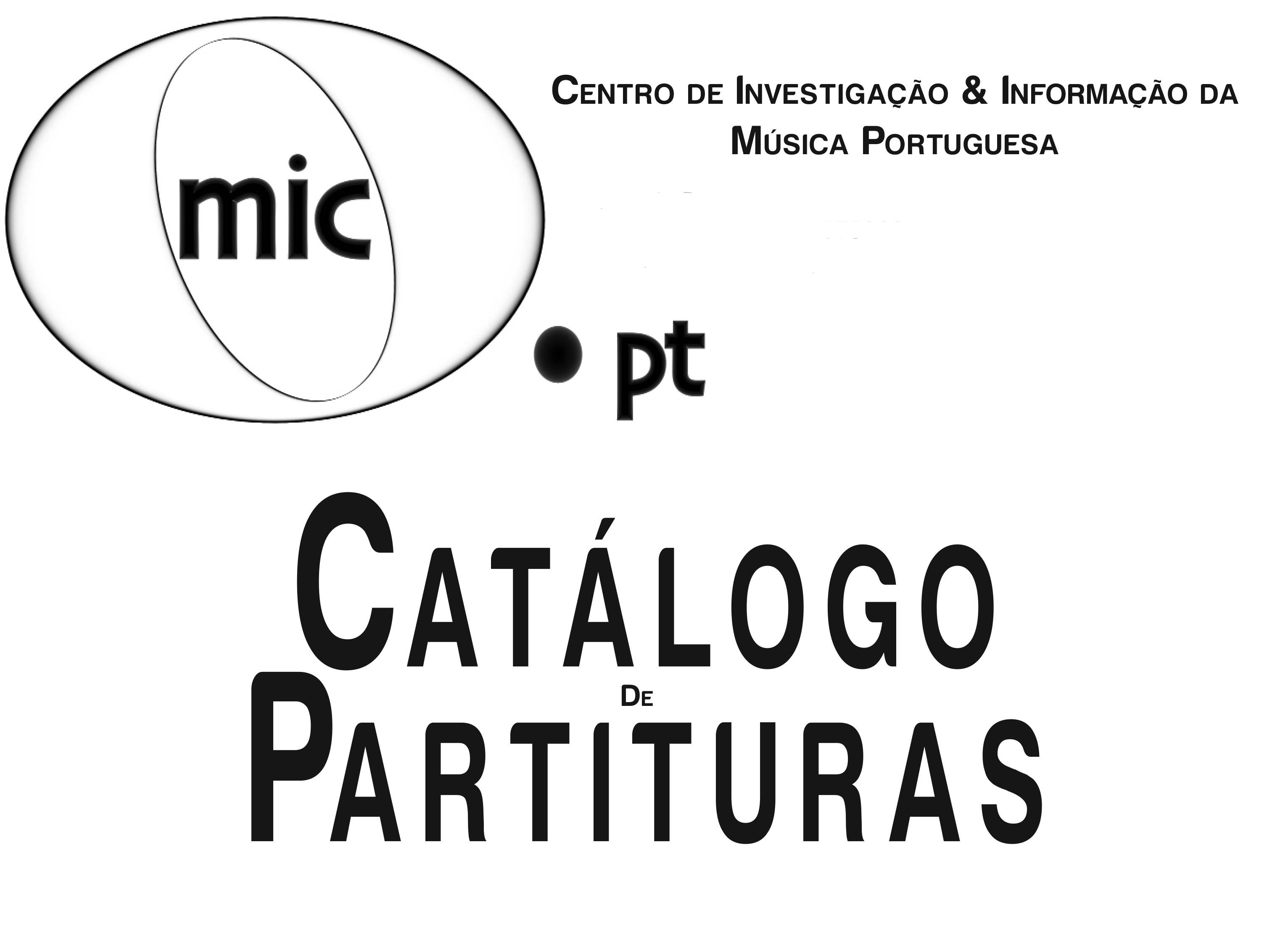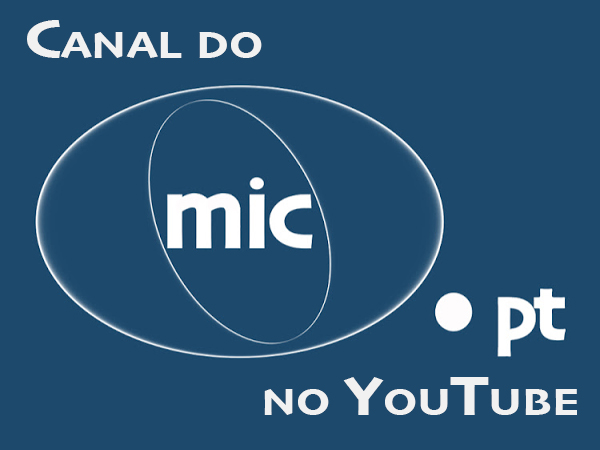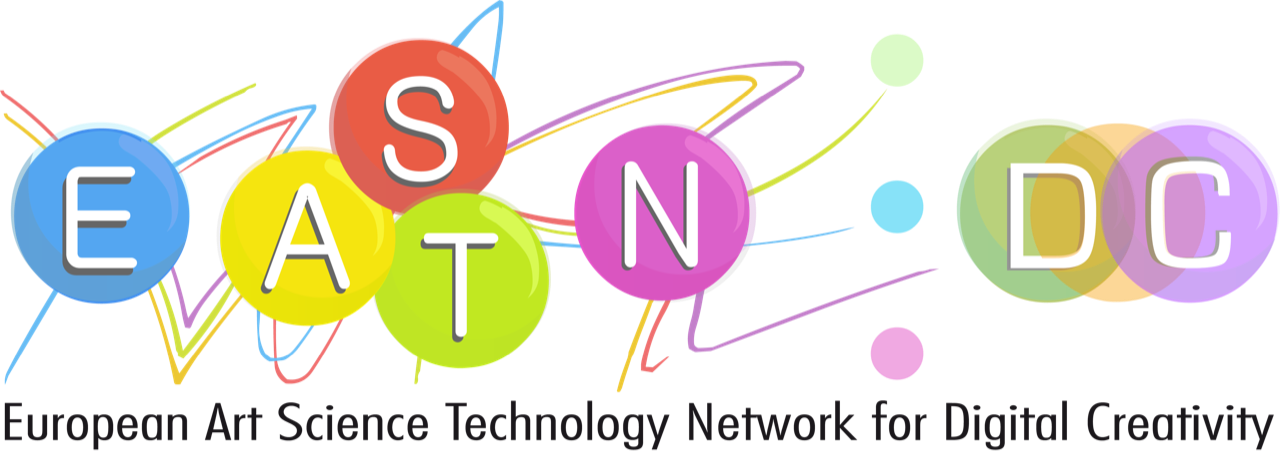Photo: João Madureira · © Teresa Santos
>> João Madureira · Playlist
Questionnaire/ Interview
· Which paths led you to composition? ·
João Madureira: What led me to composition was the strong idea that it was the way to express myself. I never realised that what I was doing with music in my young age came from an imperative need. I recall that once a teacher in the classroom led me to realise I was singing without even noticing… This happened in my 6th school year. I never thought of having to go off in search of music. It was always music that found me.
· Which moments from your music education do you find the most important? ·
JM: The beginning of my music education and the beginning of instrumental classes, along with, obviously, the beginning of Composition classes with professor Christopher Bochmann. Before that, I always thought about music as something which came from mere inspiration. Only later did I realise that music was the articulation between inspiration and technique. I still think this is true today.
· Which references from the past and the present one can find in your music practice? ·
JM: Let me give you the names of the following composers: Bach, Mozart, Beethoven, Schubert, Berio and Ligeti.
· Which works by other composers are for you turning points? ·
JM: “Pierrot Lunaire”, by Schönberg, “The Rite of Spring”, by Stravinsky and “Préludes” for piano, by Debussy. But also Berio’s “Sinfonia” and Ligeti’s “Chamber Concerto”, along with “Pli selon pli”, by Boulez, and “Stimmung”, by Stockhausen. But there are so many other masterpieces…
· In your opinion, what can a music discourse express and/ or mean? ·
JM: I actually think that a music discourse can mean a lot of things. In this issue I deeply disagree with some 20th-century composers and deeply agree with many 19th-century composers. I think that music carries a meaning, contrarily to many who think that it is an abstract language, which has no intention to mean anything at all.
· Are there any extra-musical sources which significantly influence your work? ·
JM: Yes. My recent CD with the work “Estudos literários – Retratos” (ed. MPMP · Ana Telles – piano) is a good example of this influence or relationship with extra-musical sources, among other pieces that I wrote. In part, my music owes a lot to this influence and is rooted in the relationship with literature – and along with it, the verbal language. The same kind of strong influence happens with painting, which I feel an indomitable need to pay tribute to.
· When it comes to Western art music, do you feel close to any school or aesthetics from the past and the present? ·
JM: Yes, I feel very close to the post-spectral aesthetic school. I think spectralism has been very inspiring and has taught us fundamental things, but the later modelling of its results through the re-reading procedures and the spectrum filtering, crossing the spectrum with other languages, has also been crucial for me.
· Is there any influence of non-Western cultures in your music? ·
JM: Yes, although through Messiaen, with his connection to Indian music culture. And through Ligeti, with his connection to African music culture, which became more present in his last creative phase. Through Boulez, with his connection to oriental music culture, also more present in the last phase of his production. And finally through Berio, with his idea of approaching European music, among others, as something to be explored ethnologically.
· Do you have any preferred music genres or styles? ·
JM: Yes. Obviously, classical contemporary music, but also traditional world music. Nonetheless, it’s high time to look at popular Western/ European music from an anthropological perspective, which unfortunately is very rare among composers.
· When it comes to your creative practice, do you develop your music from an embryo-idea or after having elaborated the global form? In other words, do you start with the micro- towards the macro-form or vice-versa? ·
JM: I begin simultaneously with the two ideas. I actually think that this is what happens when it comes to inspiration.
· How in your music practice do you determine the relation between the reasoning and the creative impulses? ·
JM: I actually think that inspiration and reasoning are one and the same thing. For this reason, what happens is a meditation and comment on the material through diverse tools that I create.
· What’s the importance of space and timbre in your music? ·
JM: Space and timbre are of the utmost importance. Even when they are not apparent.
· Does experimentalism play an important role in your music? ·
JM: Yes, but the results of experimentalism should be evaluated by composer himself. And thus the composer is a kind of judge of the results of his or her own experimentalism.
· Which works from your catalogue constitute for you turning points? ·
JM: The pieces that are turning points in my path are undoubtedly: “Tropo” (1994) for orchestra, still written during the Composition course and never premiered, along with two pieces commissioned by the Miso Music Portugal, “Ausgraben und Erinnern” (2006) and “Toc, toc, toc” (2009); in the former I intensely use my transcription and vectorisation techniques, while the latter was for me a challenge to build a sort of a sonic reading of the short narrative by Hélia Correia – its rhythm and breathing, and its onomatopeias. I also consider “Pater” a turning point, a piece which is the first moment from the “Passio I-III” (2009), because it is a piece that has a new insight on the tonal phenomenon.
· To what extent, composition and performance are for you complementary activities? ·
JM: I actually think that composition and performance should always be connected.
· How do you define the composer’s role nowadays? ·
JM: For me the composer should be somebody able to reflect on the reality of the present time and not somebody closed in his or her own technical and aesthetic world.
· Presently, what are your main artistic concerns? ·
JM: My main artistic concerns have to do with a stronger connection with the performers and with the audience. Without them everything loses its reason for being.
· What are your present and future projects? ·
JM: At the moment I don’t have any projects, but in the future I would like to write in a close connection to the performers. For instance, I’d like to have the chance of creating a small instrumental ensemble and to compose in the context of this proximity, guiding myself by the above-mentioned ideas.
· Define the relation between music and science and how is the latter manifested in your music.
·
JM: I think that music and science are intimately connected within the constitution of a music discourse. For this reason, I think that new science is fundamental for contemporary music. Yet it needs to be a science questioning the Man of the present time.
João Madureira, October 2021
© MIC.PT
|
· «Inscrição» (2006) · Aida-Carmen Soanea (viola) · «viola [un]plugged» [Festival DME] ·
· «Toc Toc Toc» (2009) · Sond'Ar-te Electric Ensemble, Pedro Neves (music direction), Rosina Costa (speaker) · «Diz-Concerto» [Miso Records (MCD39.15)] ·
· «60''» (2010) · Sond'Ar-te Electric Ensemble, Pedro Neves (music direction) · «CADAVRES EXQUIS Portuguese Composers of the 21st Century» [Miso Records (MCD 036.13)] ·
· «Missa de Pentecostes · 9. Postcommunio (As fontes) · 10. Dimissio (Ama como a estrada começa)» (2010) · Sete Lágrimas, Filipe Faria (tenor), Sérgio Peixoto (tenor), Sofia Diniz (viola da gamba), Hugo Sanches (theorbo) · «Vento Sete Lágrimas» [Arte das Musas/ MU Records (MU0108)] ·
· «Estudos Literários – Retratos · Ana · AH» (2011-13) · Ana Telles (piano) · «Estudos Literários – Retratos» [MPMP Património Musical Vivo (Melographia Portugueza 25)] ·
· «Double» (2015) · Orquestra de Sopros da Escola Superior de Música de Lisboa, Alberto Roque (direction), Sforzanduo (Miguel Filipe and Tomás Moital [percussion]) · «Criação, Circulação, Registo Áudio e Edição de Obras de Música Portuguesa Contemporânea» [MPMP Património Musical Vivo (MPMPCD48)] ·
|





